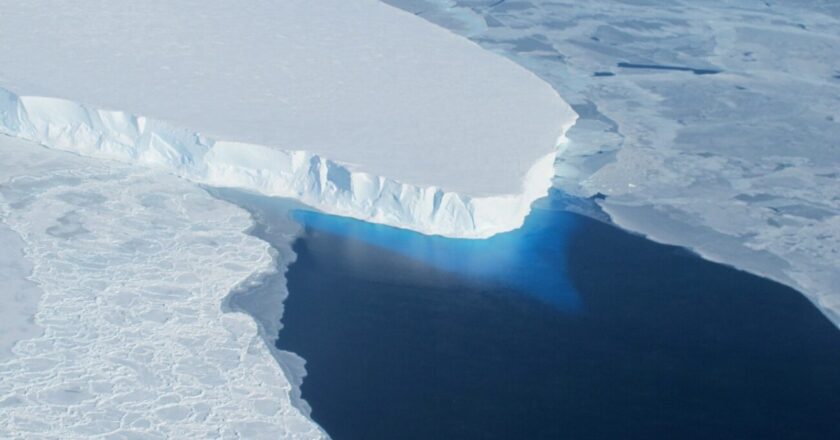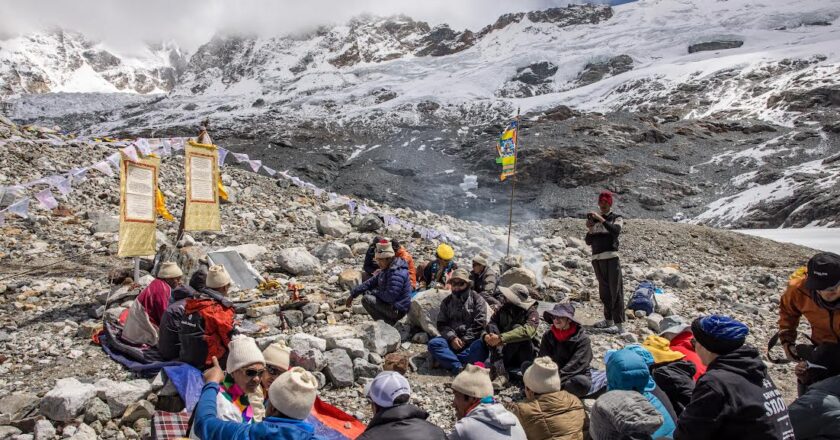Device with 6100 qubits is a step towards largest quantum computer yet
Quantum computers can be made using arrays of atomsAlamy Stock Vector
A device with more than 6000 quantum bits, or qubits, has smashed a previously-held record and is the first step towards building the largest quantum computer yet.
There is currently no single, consensus design for building a quantum computer, but researchers believe that for these devices to be useful, they will have to comprise at least tens of thousands of qubits. The current record holder is a machine from Atom Computing, with 1180 qubits, but Hannah Manetsch at the California Institute of Technology and her colleagues have now built a device with 6100 qubits.
Each of these is a neutral caesium atom cooled to temperatures close to absolute zero and controlled by laser beams, with all 6100 of...




